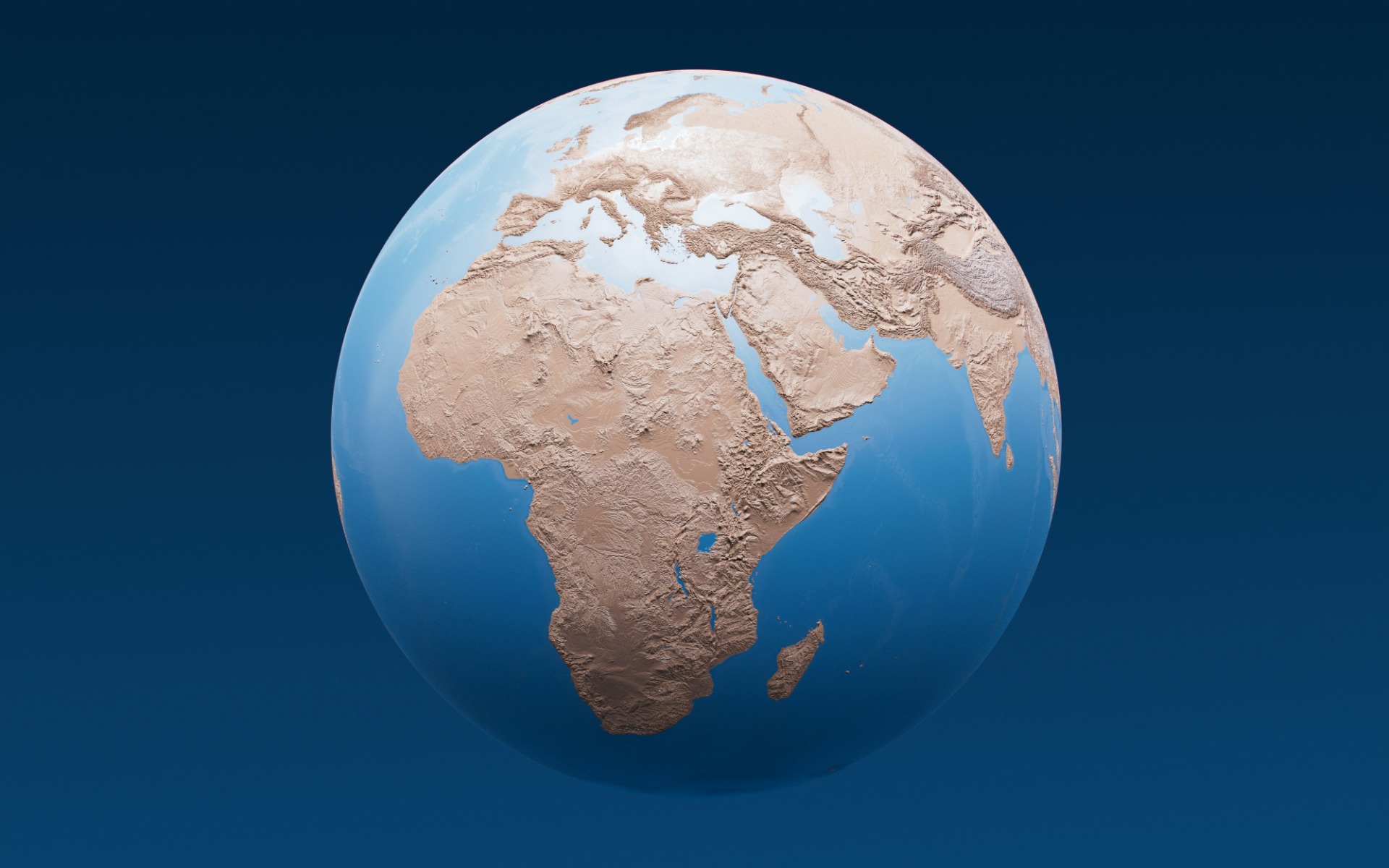Mozambique Economy: Balancing Agriculture and Natural Resources
Mozambique's economy is characterized by a significant reliance on both agriculture and natural resources, which together shape the nation's development trajectory. As the country navigates the complexities of economic growth, it faces unique opportunities and challenges inherent to this dual dependency. In this article, we will delve deeper into the contributions of agriculture and natural resources to Mozambique's economy, supported by key figures and insights.
The Dominance of Agriculture
Agriculture serves as a fundamental pillar of the Mozambican economy, consistently playing a substantial role in shaping the country's economic landscape. As of 2023, agriculture accounted for approximately 24% of Mozambique's Gross Domestic Product (GDP). This figure underscores the sector's direct economic importance and its contribution to the nation's wealth.
Beyond its impact on GDP, agriculture is a critical source of employment and livelihood for the population. An estimated 70% of Mozambicans rely on agriculture for their livelihoods, primarily consisting of smallholder farmers who represent the backbone of the rural economy. These farmers produce food and cash crops that sustain local communities and keep the country's nutrition levels relatively stable.
Moreover, agriculture is vital for national food security, providing the majority of food consumed domestically. It supplies essential staples and contributes significantly to the dietary needs of the population. However, despite its importance, the sector is highly vulnerable to climatic shocks, such as droughts and floods, which can have devastating effects on both production and the livelihoods of millions. Currently, only about 3-5% of arable land in Mozambique is irrigated, which leaves the agricultural output heavily reliant on seasonal rainfall and susceptible to climate variability.
The Significance of Natural Resources
Simultaneously, Mozambique is endowed with substantial natural resource wealth that has emerged as an increasingly important driver of economic growth. The discovery of vast offshore gas reserves in the Rovuma Basin has positioned Mozambique to become a major global exporter of Liquefied Natural Gas (LNG). This potential has piqued the interest of international investors and energy companies, creating opportunities for economic advancement.
In terms of export revenue, the extractive industries, notably mining and the burgeoning LNG sector, have begun to play a crucial role in the economy. In 2023, mineral fuels represented the largest share of Mozambique's exports, accounting for approximately 57.6% of total export value. Additionally aluminum emerged as another significant export, representing around 10.8% of the total.
The broader category of "Mining, Manufacturing, and Utilities," which encompasses natural resource extraction, contributed around 18.85% to the GDP in 2023. This share is anticipated to grow significantly as LNG production scales up, further solidifying Mozambique's position in global markets.
Foreign Direct Investment (FDI) is another critical aspect of the natural resources sector. The influx of investment is essential not only for the development of necessary infrastructure but also for fostering overall economic growth. Many foreign companies are keen on tapping into Mozambique's rich reserves, which promises robust returns on investment.
The Interplay and Challenges
The strong dependence on both agriculture and natural resources creates a somewhat dual economy in Mozambique. While the natural resources sector offers substantial revenue generation and the potential for structural transformation, a significant portion of the population remains reliant on agriculture, which is often marked by low productivity and heightened vulnerability to climate impacts.
There is a recognized need for economic diversification in Mozambique to mitigate risks associated with commodity price fluctuations and climate-related agricultural shocks. Expanding sectors such as manufacturing and services are crucial for achieving sustainable and inclusive growth.
Effectively managing the revenues derived from natural resources poses a significant challenge for the Mozambican government. Ensuring that these revenues translate into broader societal benefits—rather than falling prey to the so-called "resource curse"—requires a framework of transparency and good governance. It's essential for Mozambique to redefine its economic narrative, focusing on equitable resource distribution that empowers all citizens.
Furthermore, modernizing agriculture is vital for improving productivity and enhancing the livelihoods of rural populations. This includes investing in better technology, irrigation systems, access to markets, and improved farming practices. Such modernization not only increases agricultural output but also strengthens its contribution to the overall economy.
summary
In conclusion, Mozambique's economy remains intricately woven with agriculture at its core, crucial for both employment and food security. However, the burgeoning natural resource sector, particularly in natural gas, is poised to become a significant driver of economic growth and export revenue.
Navigating the complexities of this dual dependence while fostering diversification will be key to addressing economic challenges and unlocking new opportunities for growth. By focusing on sustainable and inclusive development strategies, Mozambique can harness its unique position to not only improve the lives of its citizens but also solidify its place as a vital player in the regional and global economy. As the country embarks on this journey, careful consideration of its diverse economic foundations will be essential for navigating the path toward long-term prosperity.
